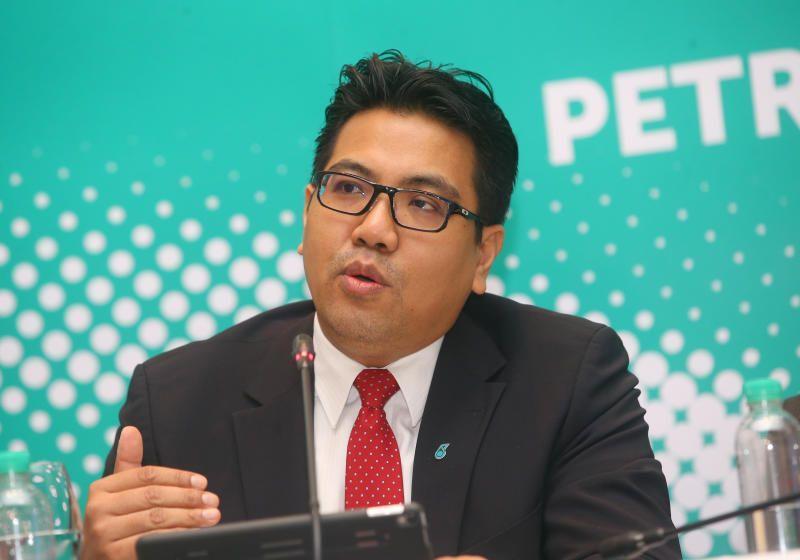
Tengku Muhammad Taufik, chief executive of Malaysian national energy company Petronas, today told the Asia Future Energy conference, that the pathway to a sustainable energy system is not yet clear. Moreover, there will be many different paths to achieving a net-zero emissions energy system, he said.
“As a progressive energy and solutions partner Petronas recognises we have the responsibility to balance our role in producing affordable and reliable energy with due consideration to positive social and environmental impacts,” Taufik said in his keynote speech at the virtual summit hosted by Thailand.
“Petronas sees natural gas and liquified natural gas (LNG) as significant low carbon options within the energy mix to complement renewables. Petronas has upscaled its operational flexibility to introduce customer centric solutions to enable greater access to LNG. These solutions include LNG ISO tanks, LNG bunkering for marine transportation, and small parcel shipping solutions,” said Taufik.
“Petronas has also taken measured steps to strengthen its existing new energy portfolio. We are focused on creating new revenue streams that will complement our global LNG portfolio, specifically in solar, wind and more recently hydrogen,” he added.
“We are progressing at pace towards our decarbonisation agenda with sustainable technology and digital advancements. These include designing projects with zero continuous venting and flaring of hydrocarbons, as well as piloting carbon capture, utilisation and storage (CCUS) projects. Our facilities of the futures programme uses a combination of subsea technologies, digitalisation, automation and robotics, to potentially slash operational costs and environmental impact by 50%,” said Taufik.
“We are also aggressively exploring the potential of a new plastics economy to transform plastic waste into valuable resources. Anchored to our net-zero carbon emissions by 2050 aspiration, Petronas remains fully committed to playing its part in meeting Malaysia’s and ASEAN’s energy needs and ensuring energy supply that is not only affordable, but also secure, and now more importantly sustainable,” he added.
“The challenges of the energy transition are here. And will only grow further in size and complexity. Tackling these challenges will require focused and considered efforts to significantly move the needle towards the goal of net-zero carbon emissions. I will contend that nobody conclusively holds all the answers, equally I believe that all the required solutions can be realised together. My hope is that everyone here is able to find opportunities for strong collaboration and partnership to bring forth a sustainable and equitable energy transition for ASEAN,” he told delegates.
Recommended for you

